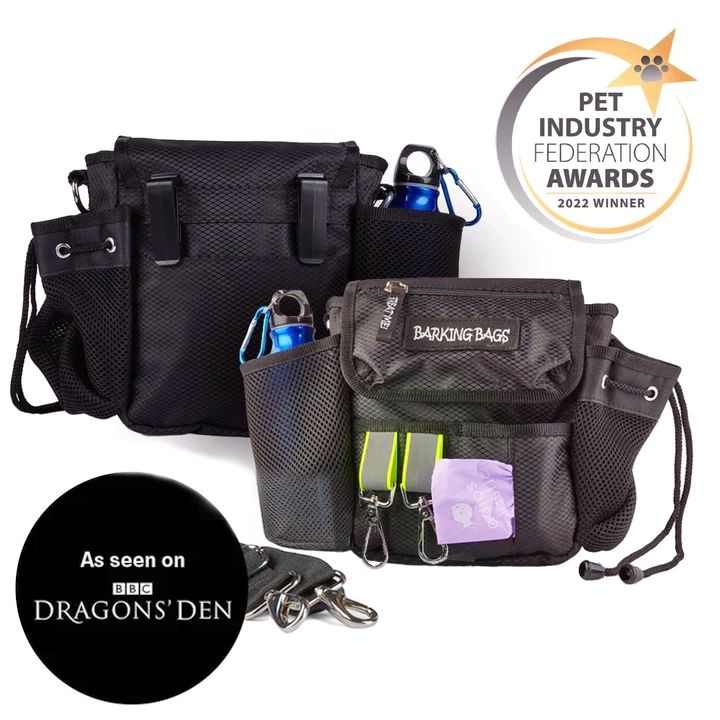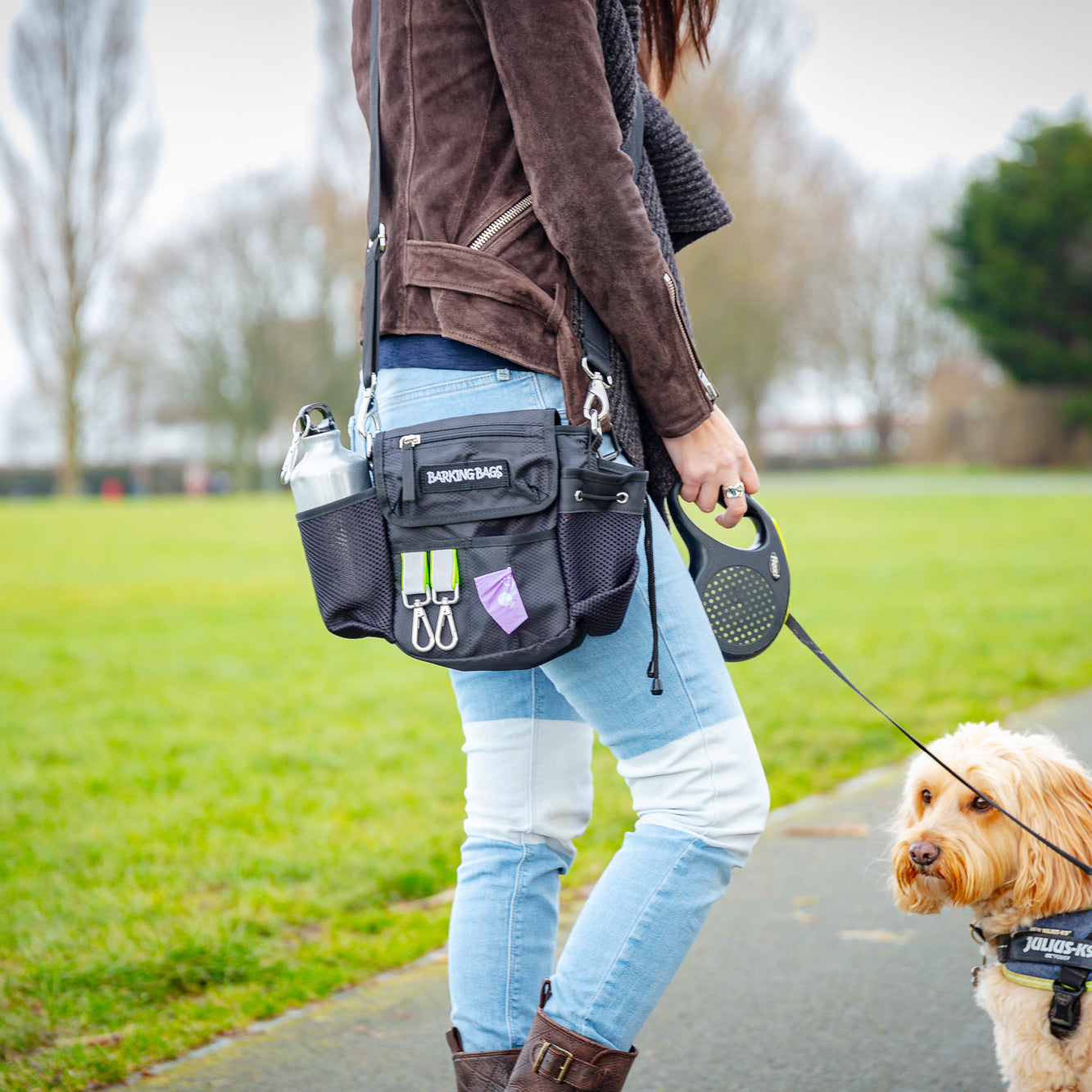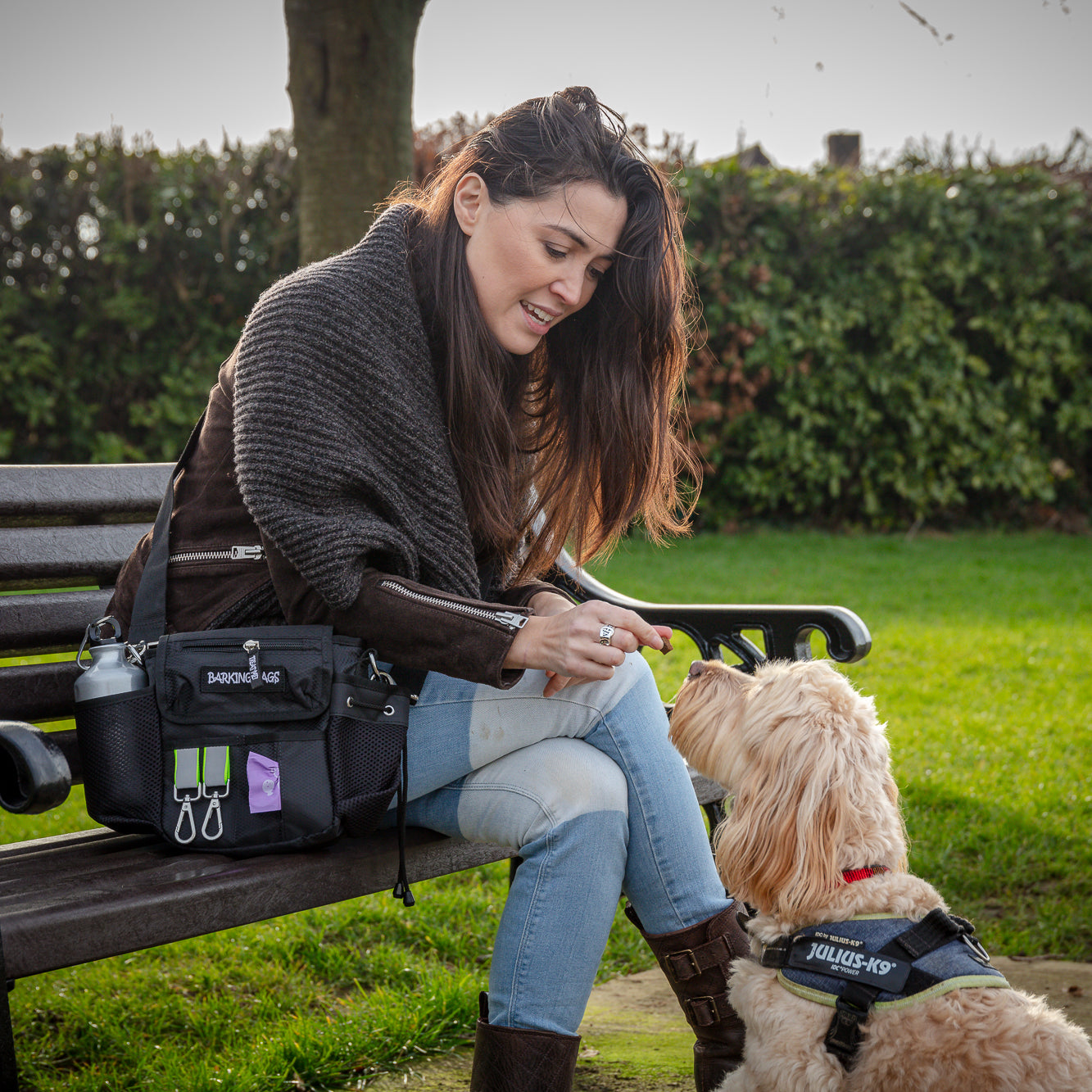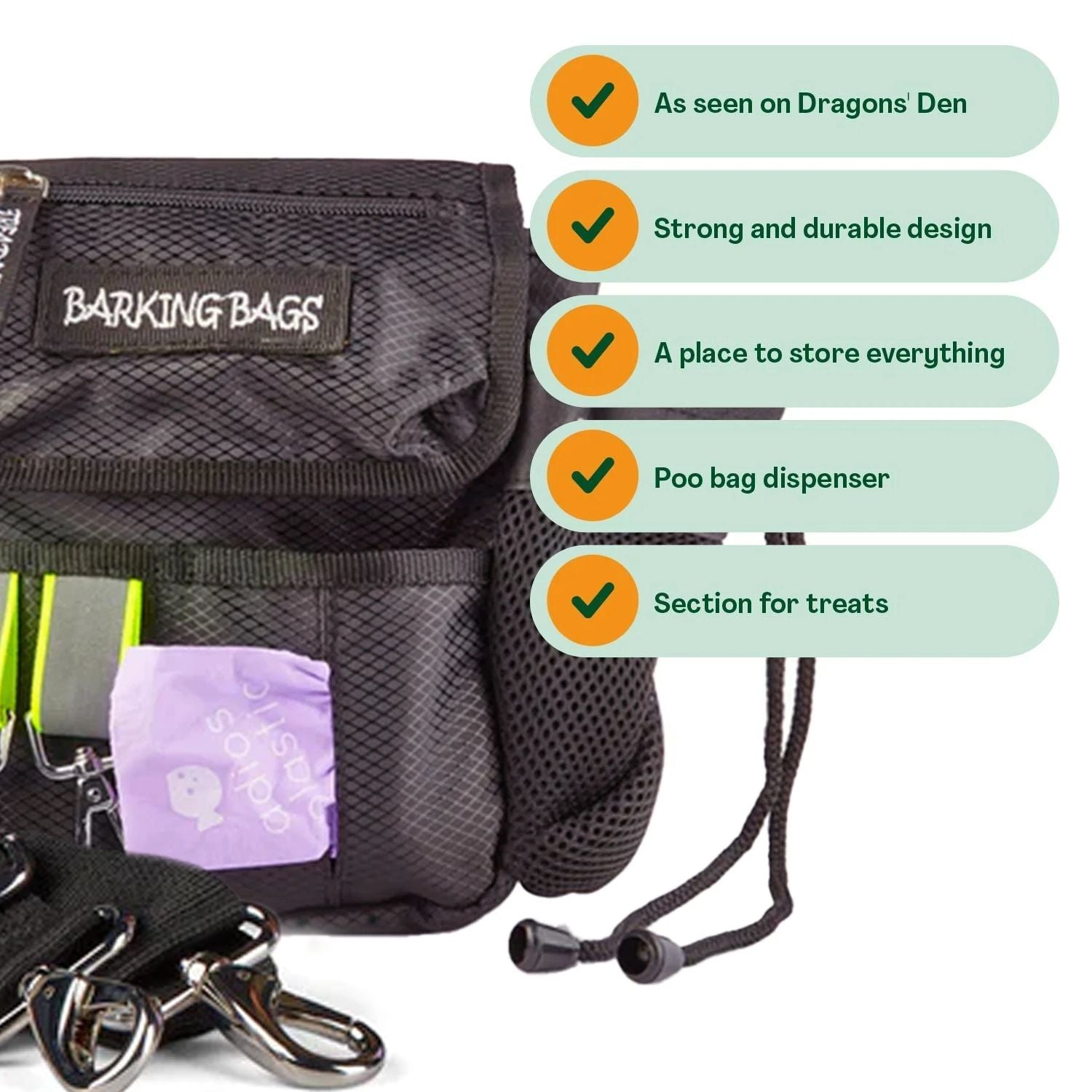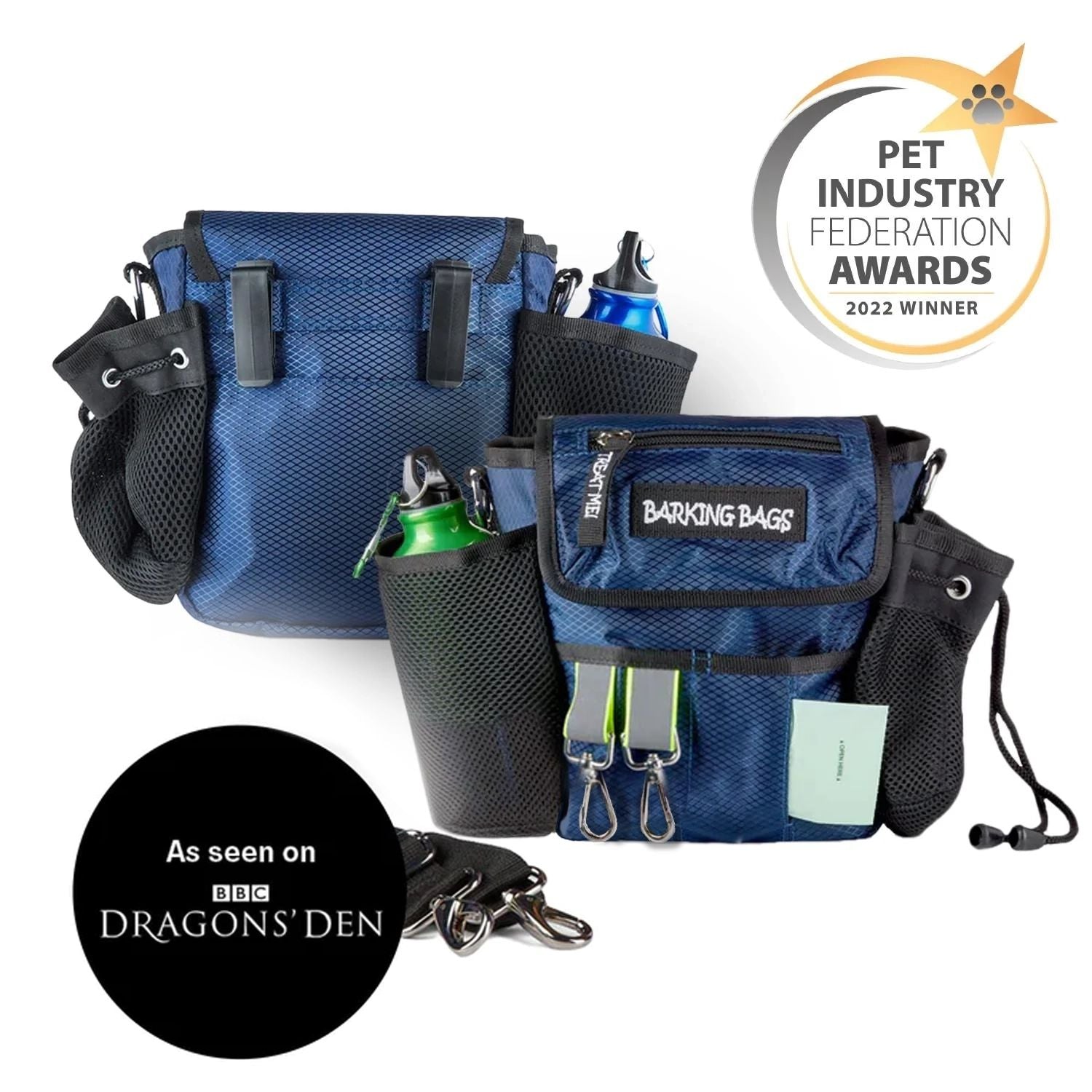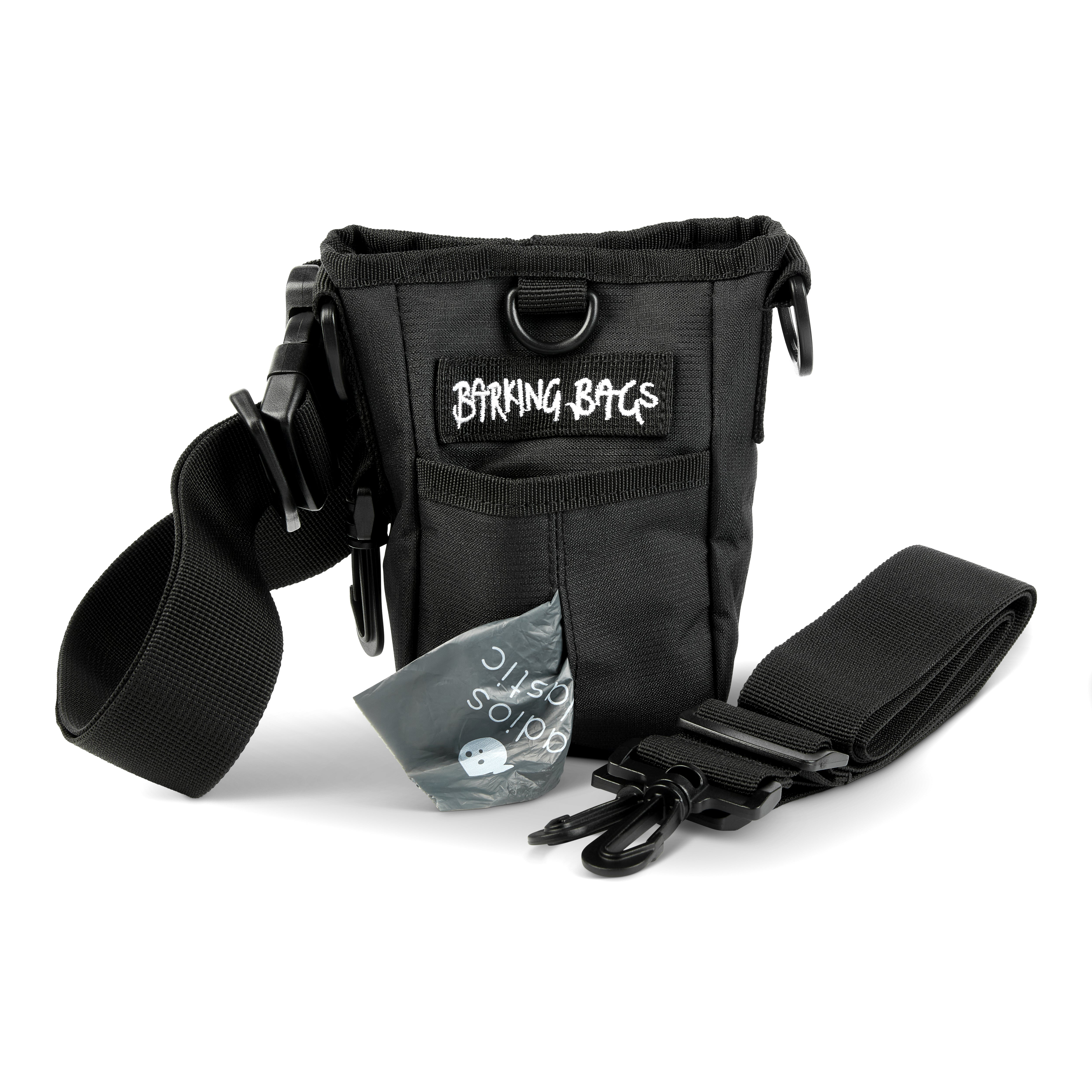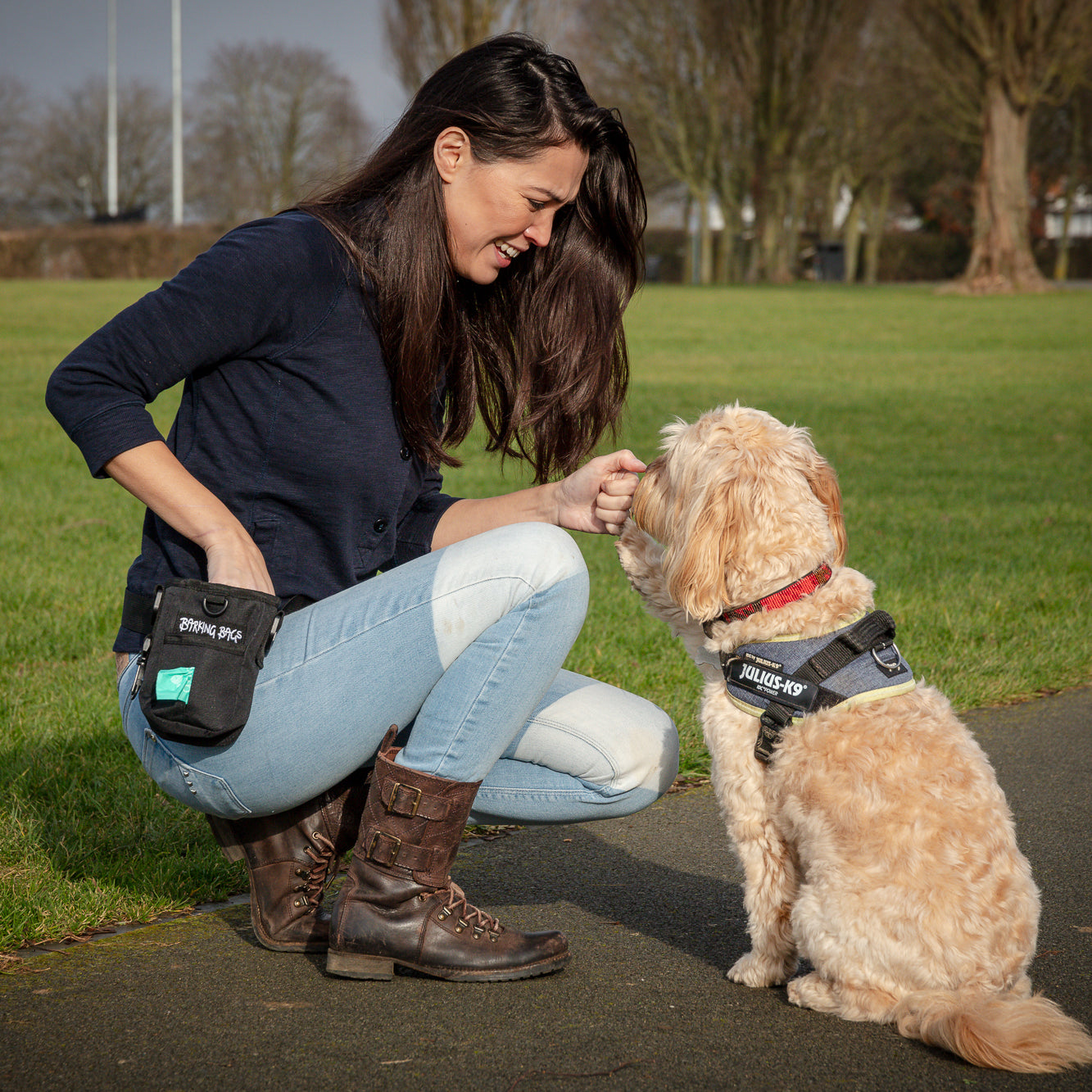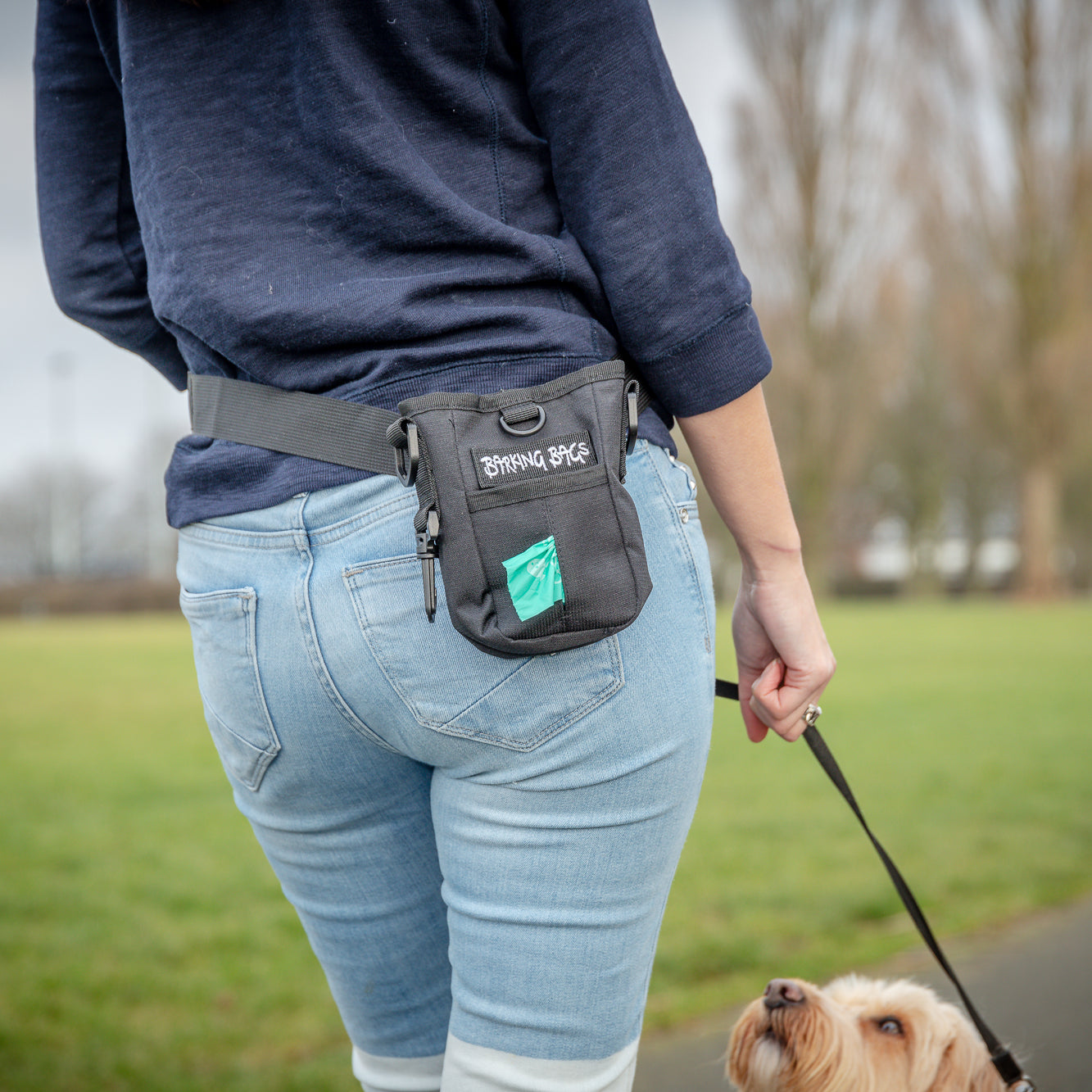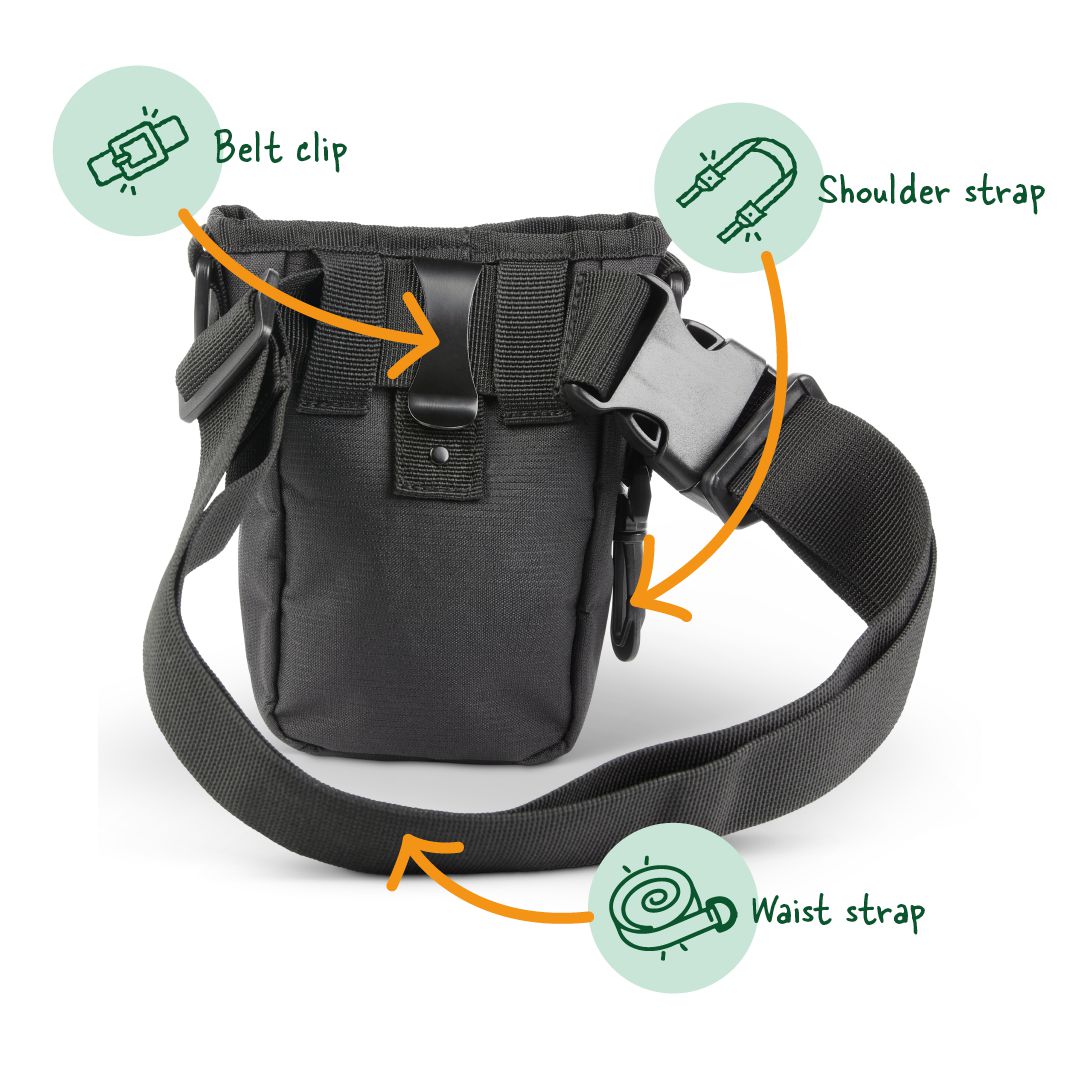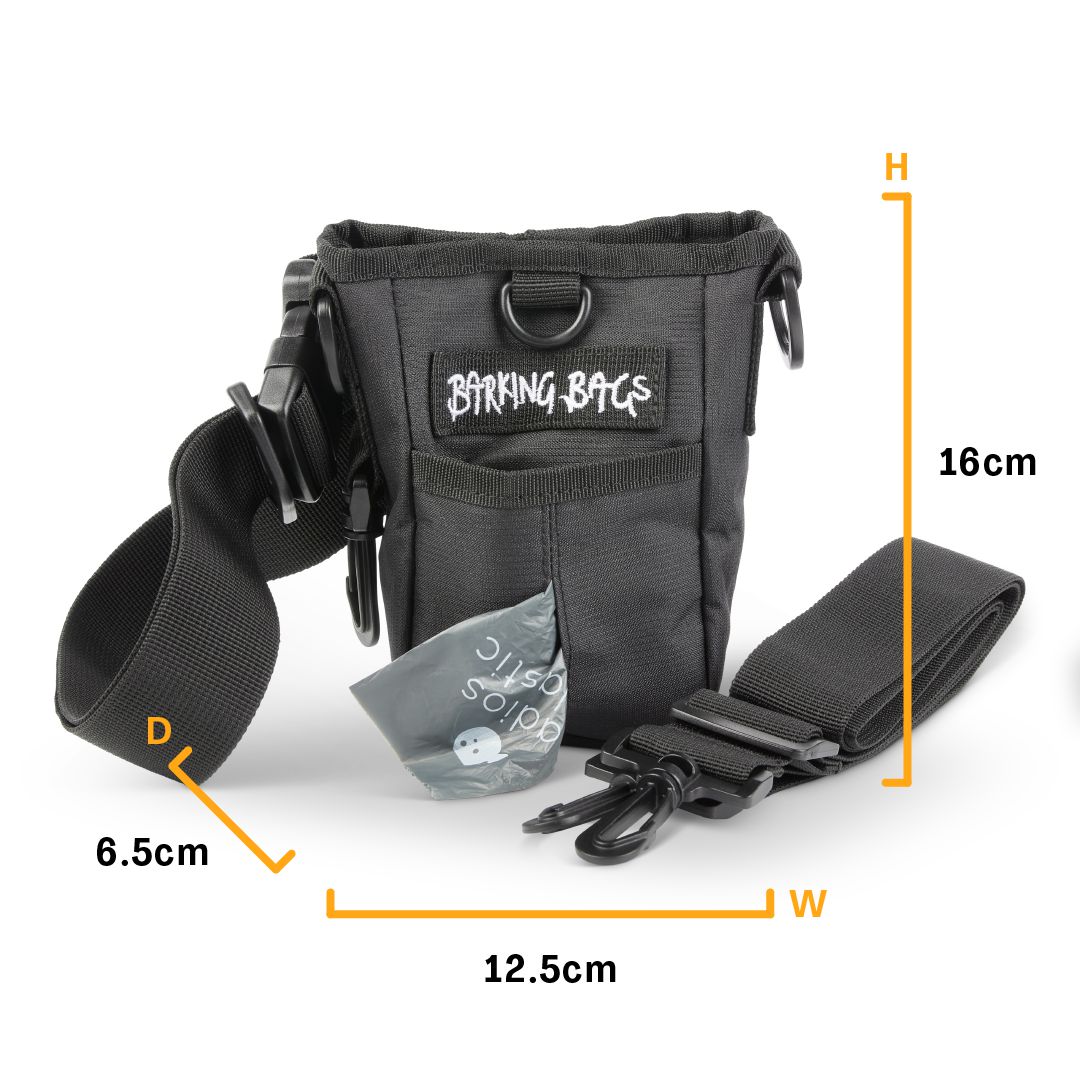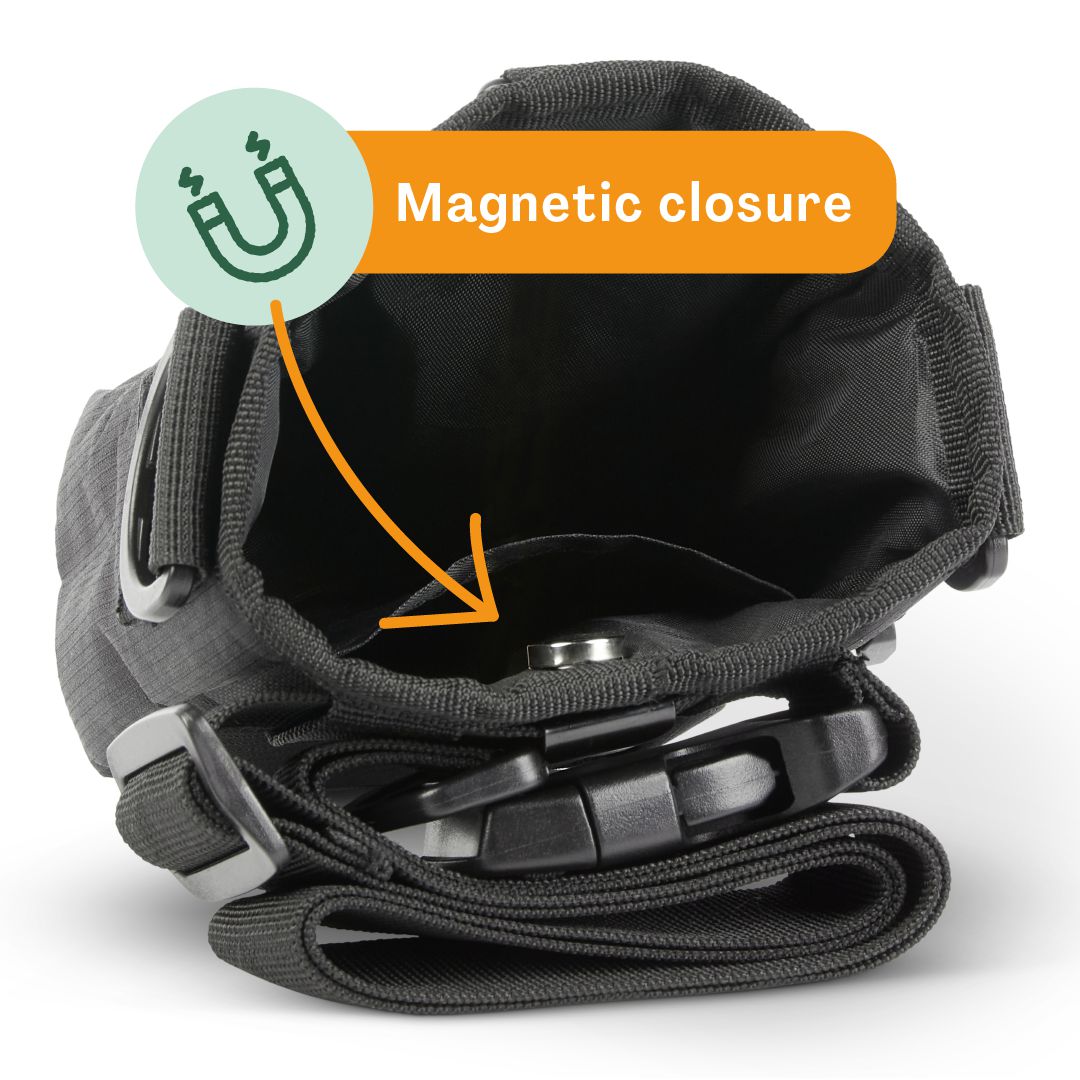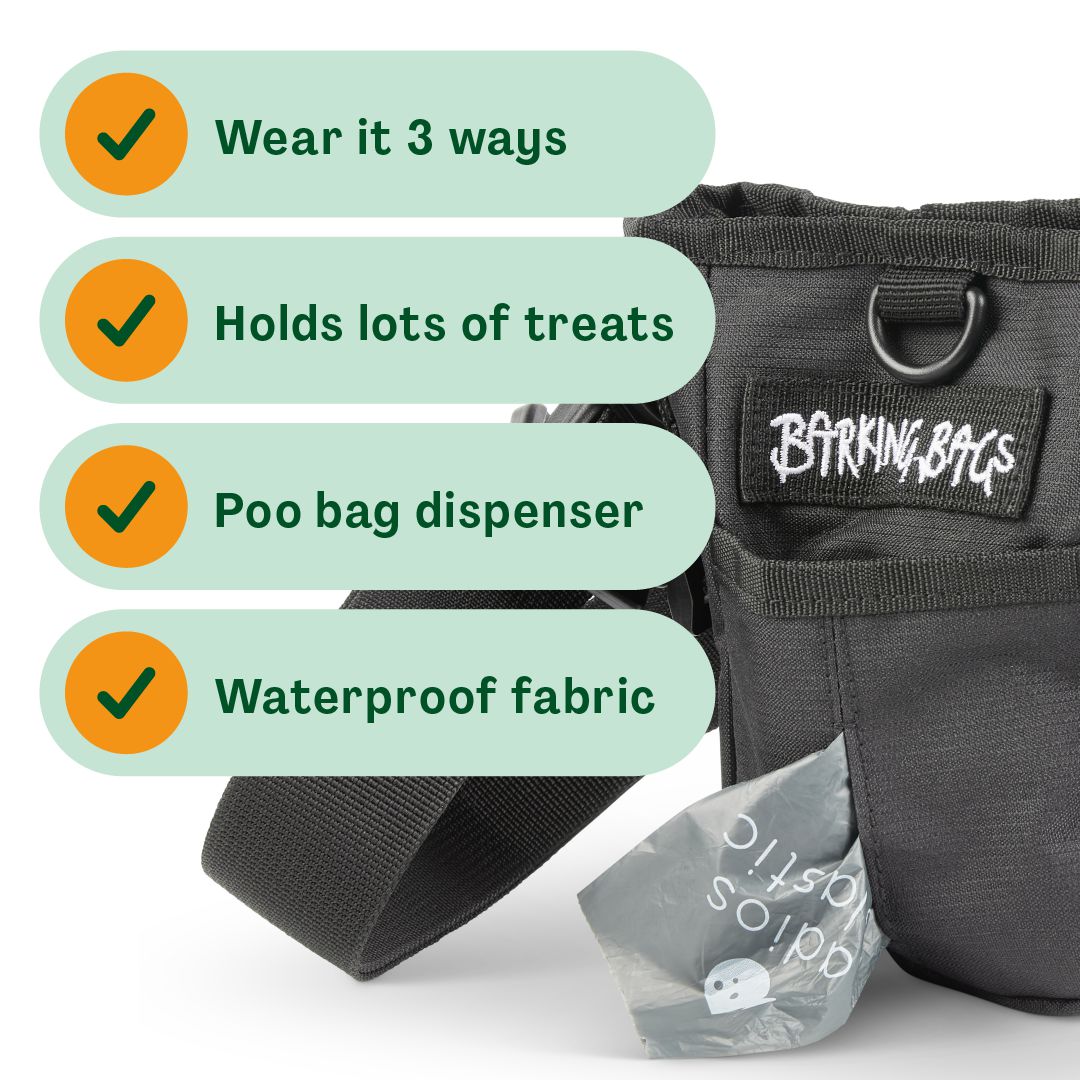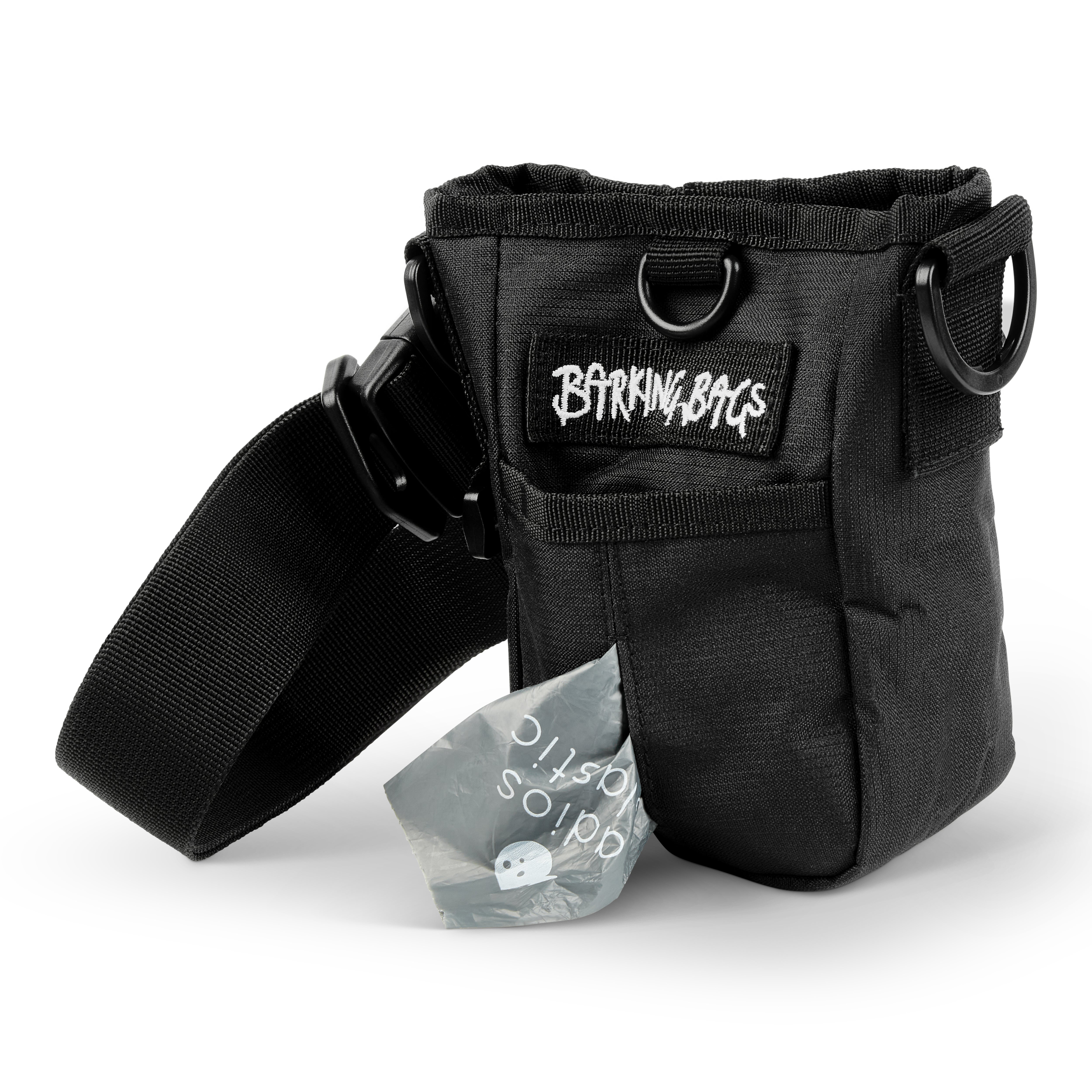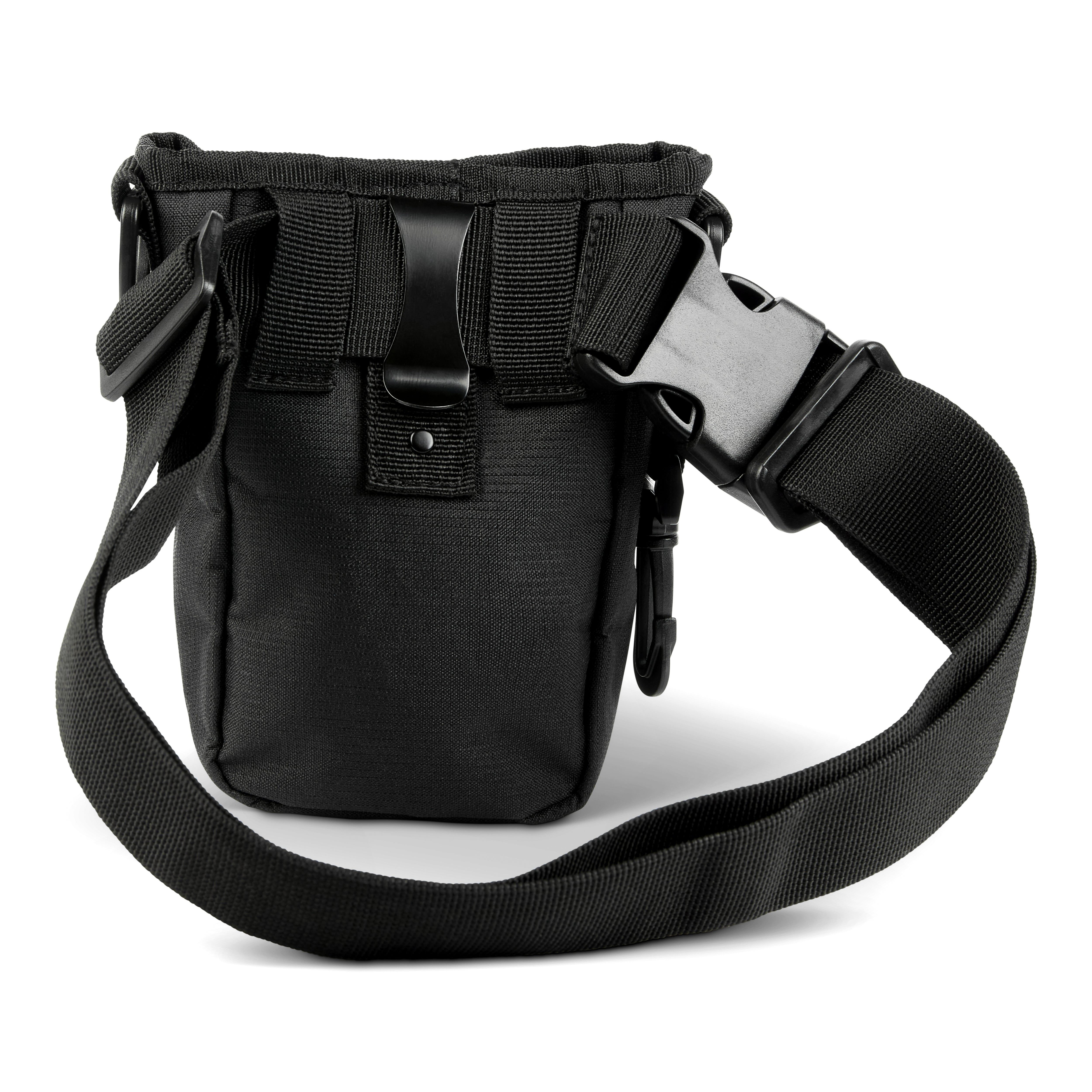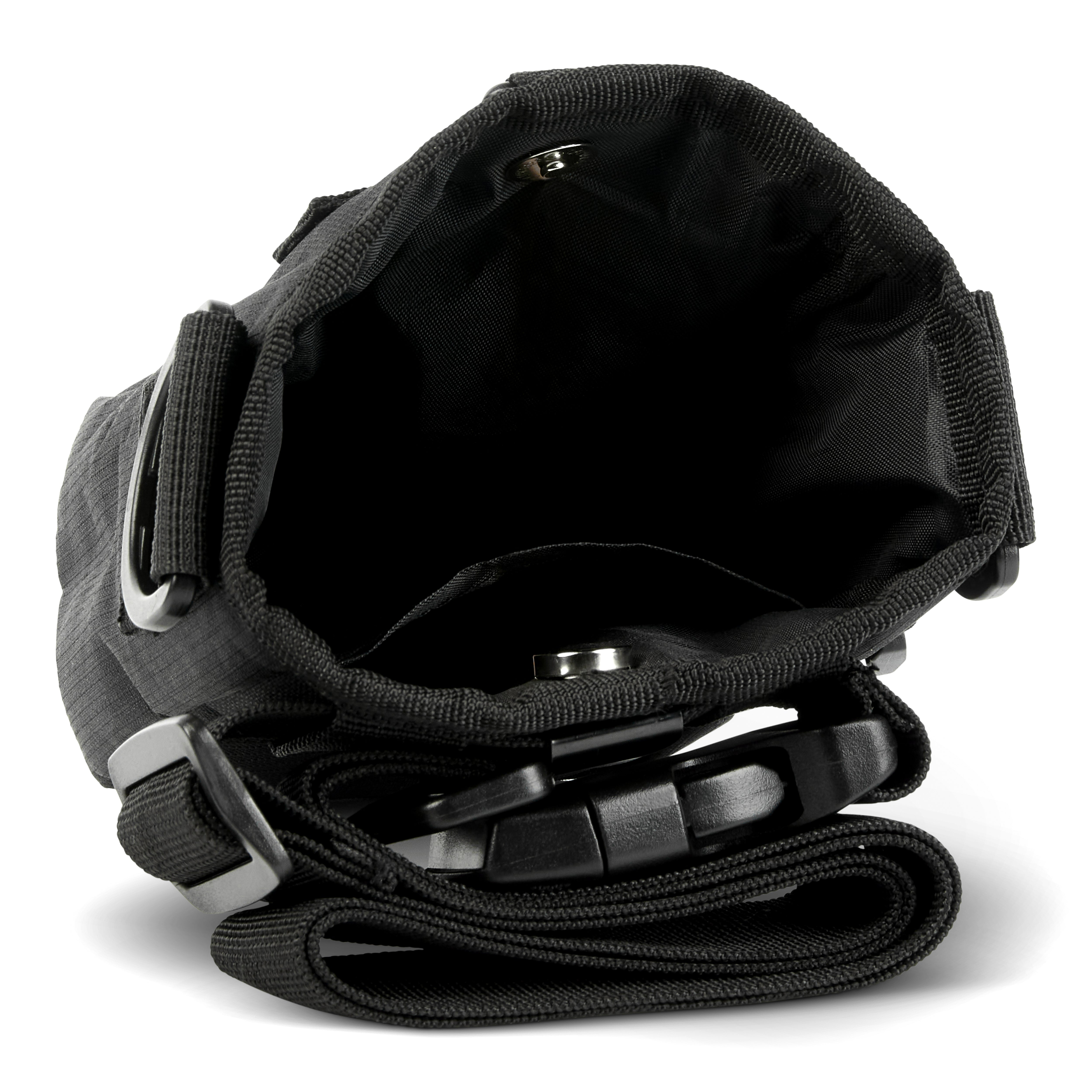There are obvious health benefits for both you and your dog(s), so this month why not make the most of the opportunity to beat the January blues. There might be dog walking groups where you live (lots of specific breeds have clubs), you could meet new friends, discover new walks and pick up tips.
Getting out in the great outdoors is a good way to kick off any get fit resolutions and walk off some of that festive food and drink and if your pets are anything like ours, they have also been slightly overindulged during the holiday.
Here in the UK we are blessed with some wonderful countryside and fantastic dog friendly walks with pubs and cafes that welcome pooches. If you live in an urban setting it might not be so easy but you could make a plan to explore some new walks and city parks.
We did just that a few years ago and created an urban dog walking guide to our neighbourhood around Milton Keynes with 14 circular walks. It’s on its 3rd print run and still available on Etsy.
Discovering new places on the doorstep is good for us all but there is evidence that exploring new routes with your four-legged friend is good for them too. New sights and smells will stimulate their senses and lead to happy and contented dogs.

Unfortunately, the number of pets being recognised as clinically obese is rising. Overweight pets are not simply unhealthy. They can also suffer from increased stress and mental health issues as well as more secondary conditions such as arthritis, high blood pressure, kidney disease, and certain forms of cancer. Pets with obesity also have reduced quality of life and shorter life expectancy.
In a 2017 clinical survey carried out by the Association of Pet Obesity Prevention, found that 56% of dogs in the United States were obese equating to 50.2 million dogs across the nation.
With the biggest reason given for not being able to exercise pets appropriately being “too busy”, Walk Your Dog Month is a great opportunity to set yourself some small targets to get out walking with your dog and hopefully change your habits with long-term benefits for you both. Its cheaper than joining a gym and evidence suggests that regular walks can be better for you that irregular bouts of intensive exercise.
Before starting any exercise regime it would be worthwhile checking that your dog doesn’t have any underlying health issues as safety is key for both you and your dog.

Some things to consider include:
- If you have a puppy, don’t over exercise them. As a general rule, aim for exercising your puppy for five minutes per month of age, twice a day (e.g. 10 minutes x twice a day for a two month old puppy). Every dog is unique so the above is just a rule of thumb. Keep an eye on how your puppy is managing. Your trainer or vet will be able to provide the best advice.
- During the winter months, wearing brightly coloured or reflective clothing, leashes and collars, is recommended. (Barking Bags offer a range of bags with reflective straps so you can be seen in the dark)
- Stay in well-lit public areas and carry a panic alarm*.
- Ensure your dog has access to plenty of fresh clean water if on a long walk and afterwards. A bottle fits in the side pockets of our bags and we also recommend using a collapsible bowl*.
- Protect your dog’s feet from the elements. Ice, snow, de-icers and grit can all cause nasty sores so be sure to protect paws and wash them down afterwards. Why not pop a little paw drying mitt in your bag?*
- Make sure your dog is warm or cool enough – particularly if young, old or with a condition such as arthritis.
- Check that the collar, harness and lead are all in good order and fit comfortably.
- Make sure your dog is chipped and the registration and address is up to date. If they do escape, they’re far more likely to be returned if they can be traced back to their owners.

- Take sufficient poo bags with you and dispose of the waste responsibly. The extra wide side pockets on some of our bags make it possible to carry the waste easily rather than carrying it in your hand and there is a little pocket for a sanitiser. Accidents happen!
- Why not look out for a dog walking group in your area. It makes dog walking more sociable, and you might discover some new walks.
- Take the children with you. It will give them regular healthy exercise, teach them about responsible pet ownership and develop a stronger bond with their pet
But most important of all HAVE FUN!


